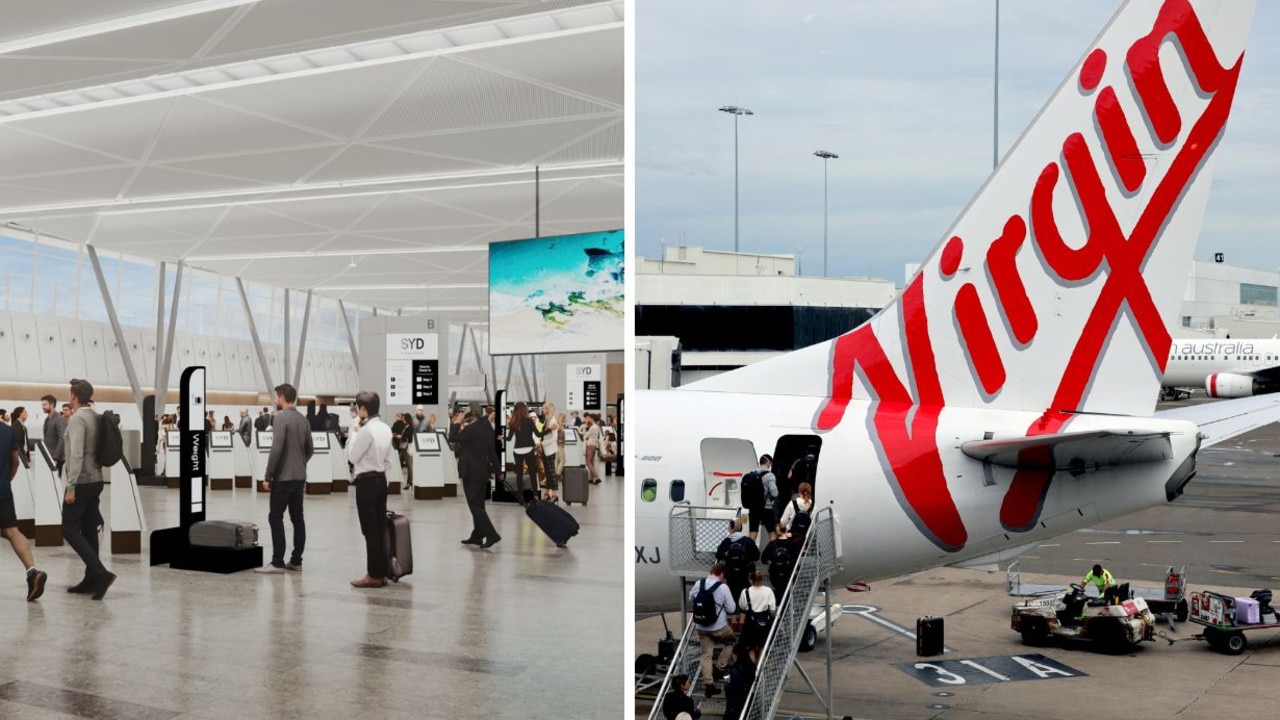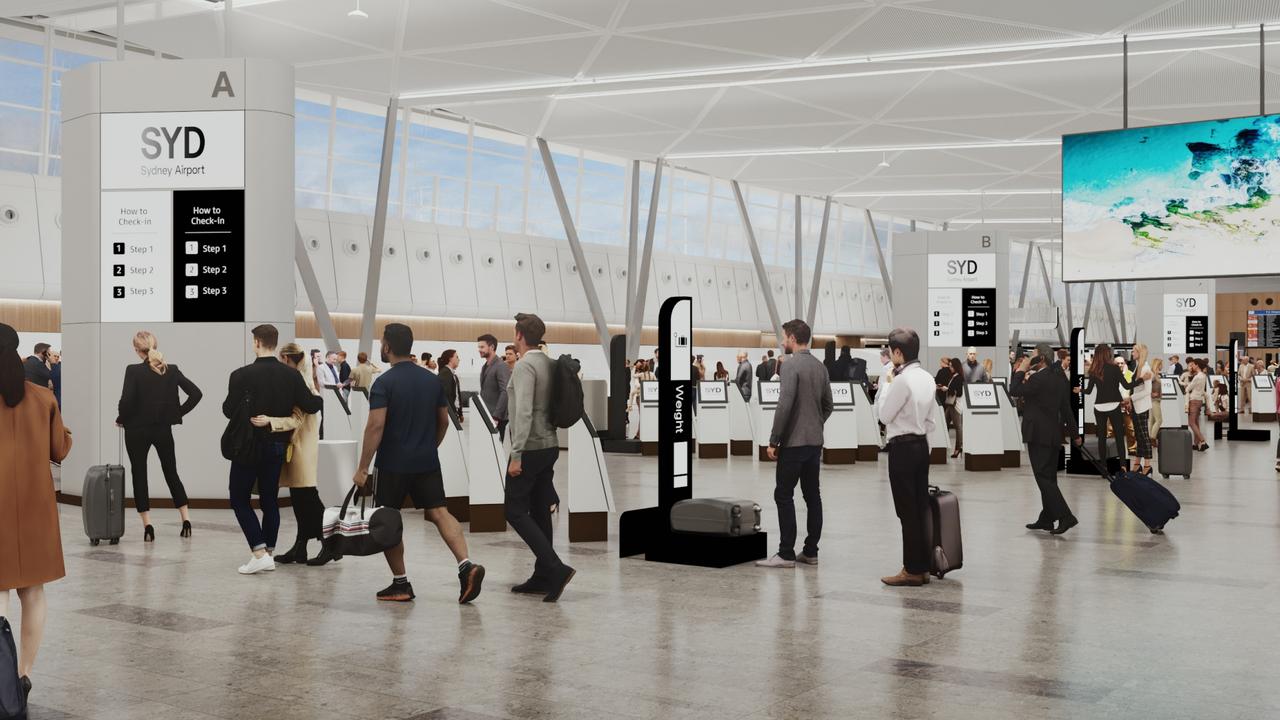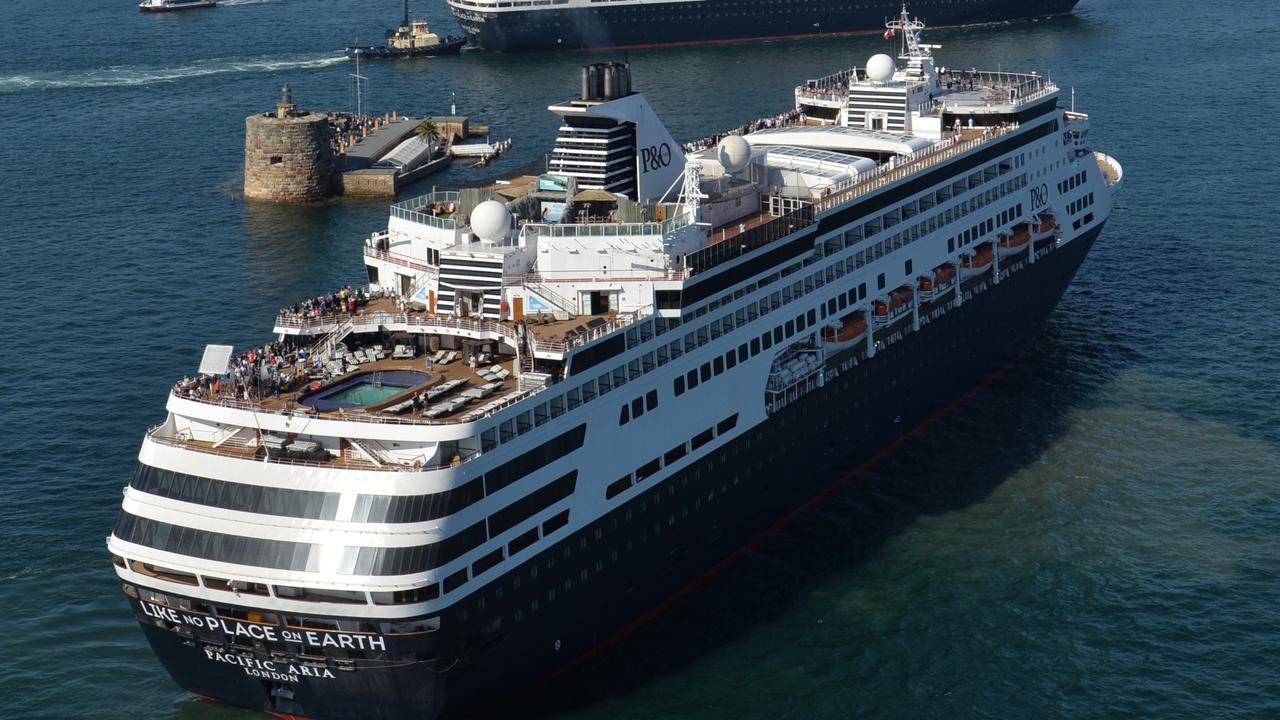Robot gives incorrect answer, costs Google $140 billion
Google saw $140 billion slashed from its valuation in just a matter of hours after it revealed its rival to the popular Microsoft-backed ChatGPT.
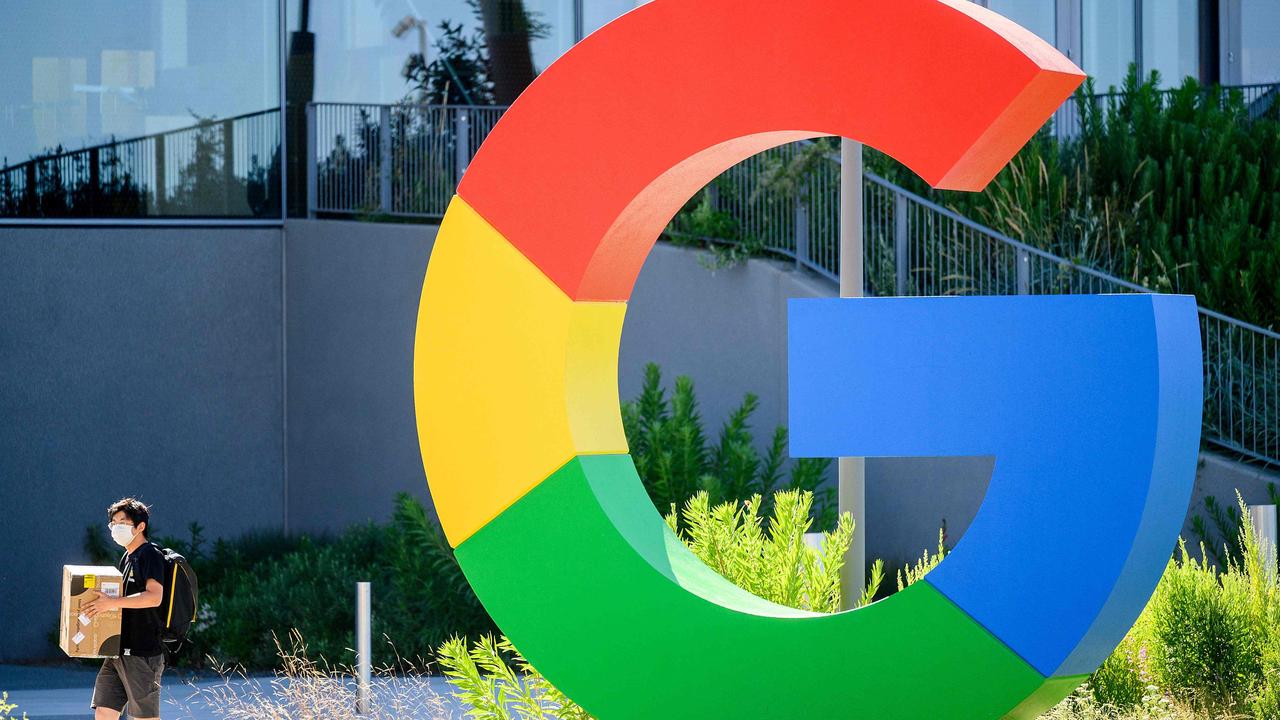
Companies
Don't miss out on the headlines from Companies. Followed categories will be added to My News.
The rollout of Google’s highly anticipated ChatGPT rival, Bard, turned into a $A140 billion fumble on Wednesday after the AI chatbot spat out inaccurate information in a company advertisement.
Shares of Google parent Alphabet plunged 7.4 per cent – losing the equivalent of $A140 billion in market value – as social media users reacted to Bard’s flub.
Analysts also had a muted response to Google’s launch event for Bard, which is meant to be the company’s answer to the popular Microsoft-backed ChatGPT.
“This is a hiccup here and they’re severely punishing the stock for it, which is justified because obviously everybody is pretty excited to see what Google’s going to counter with Microsoft coming out with a pretty decent product,” Dennis Dick, founder and market structure analyst at Triple D Trading, told Reuters.
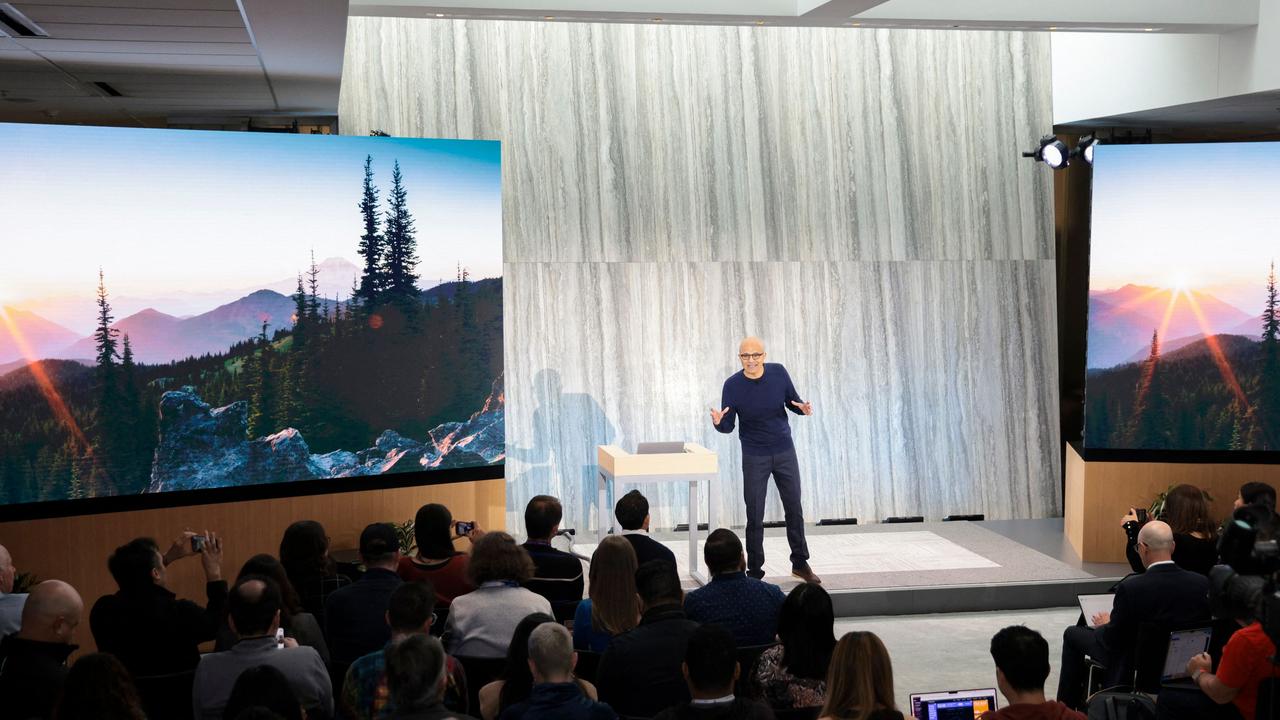
Earlier this week, Google shared a GIF video detailing potential uses for Bard and how it will respond to user queries. The tweet described Bard as “an experimental conversational AI service” that will serve as a “launch pad for curiosity and can help simplify complex topics.
“Bard seeks to combine the breadth of the world’s knowledge with the power, intelligence and creativity of our AI,” Alphabet CEO Sundar Pichai said Monday.
The example included in the GIF showed a user asking Bard, “What new discoveries from the James Webb Space Telescope can I tell my 9 year old about?”
The chatbot responded with a claim that the JWST was “used to take the very first pictures of a planet outside the Earth’s solar system.”
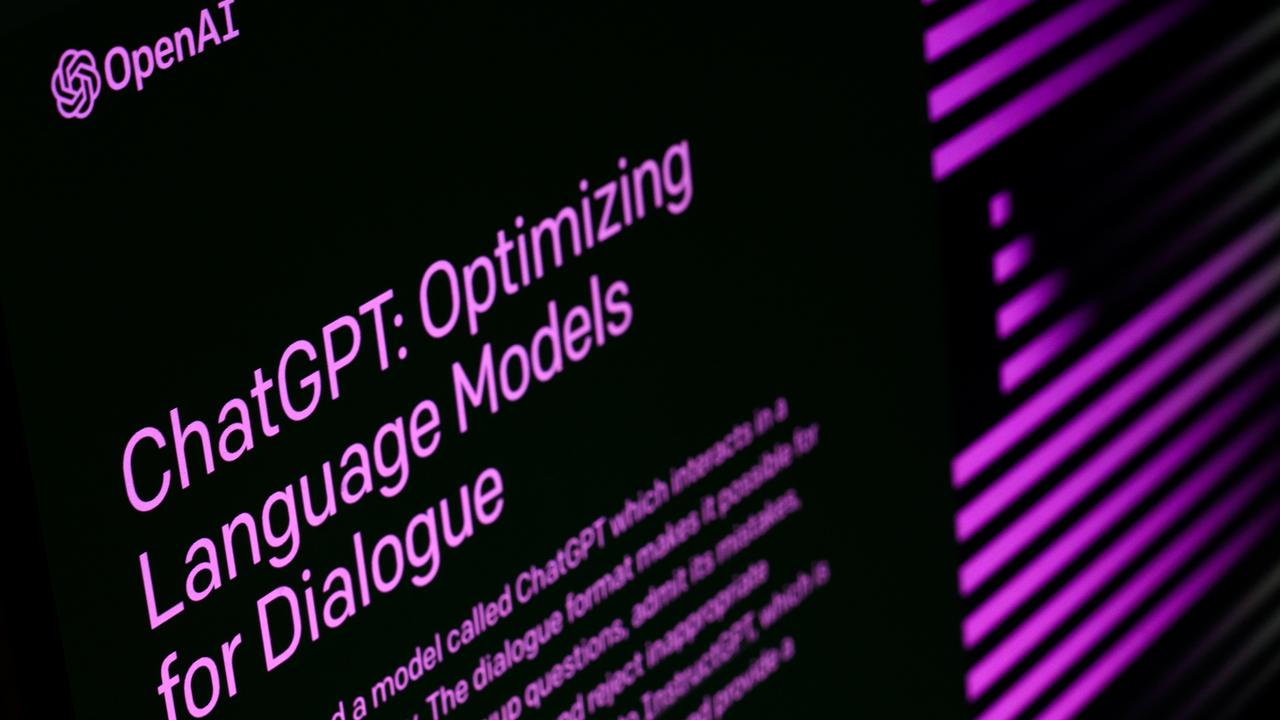
Twitter users quickly pointed out that the response was inaccurate, since the first pictures of so-called “exoplanets” were actually taken by the European Southern Observatory’s Very Large Telescope (VLT) in 2004.
“You might want to refine your model (or use another example),” one user tweeted in response to the post.
Bard’s error came to light just hours before Google held its debut event for Bard in Paris – with top executive Prabhakar Raghavan pledging that the chatbot would allow users to browse information in “entirely new ways.”
“This highlights the importance of a rigorous testing process, something that we’re kicking off this week with our Trusted Tester program,” a Google spokesperson said in a statement. “We’ll combine external feedback with our own internal testing to make sure Bard’s responses meet a high bar for quality, safety and groundedness in real-world information.”
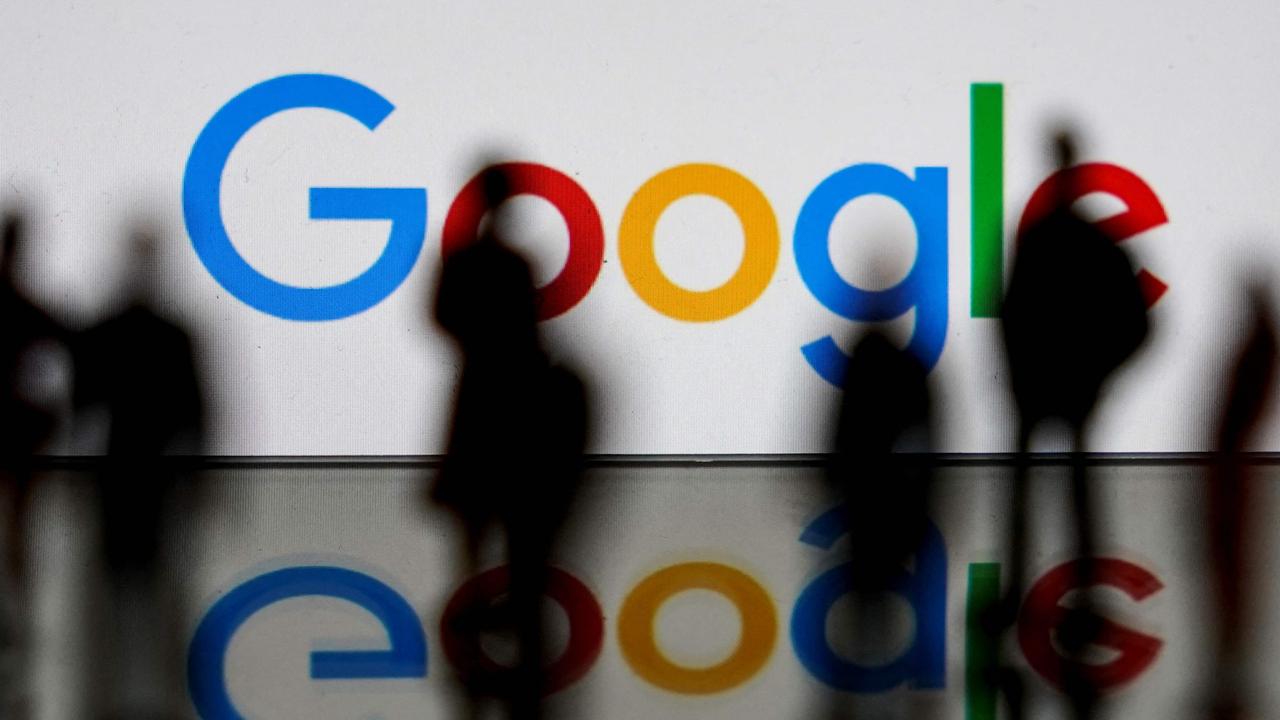
But analysts noted the event was light on details about how Google plans to integrate Bard into its industry-leading search engine. In a potential challenge to Google’s dominance,
“While Google has been a leader in AI innovation over the last several years, they seemed to have fallen asleep on implementing this technology into their search product,” said Gil Luria, senior software analyst at wealth management organisation D.A. Davidson.
“Google has been scrambling over the last few weeks to catch up on Search and that caused the announcement yesterday to be rushed and the embarrassing mess up of posting a wrong answer during their demo,” Luria added.
This post originally appeared on the New York Post and is reproduced here with permission.
Originally published as Robot gives incorrect answer, costs Google $140 billion





